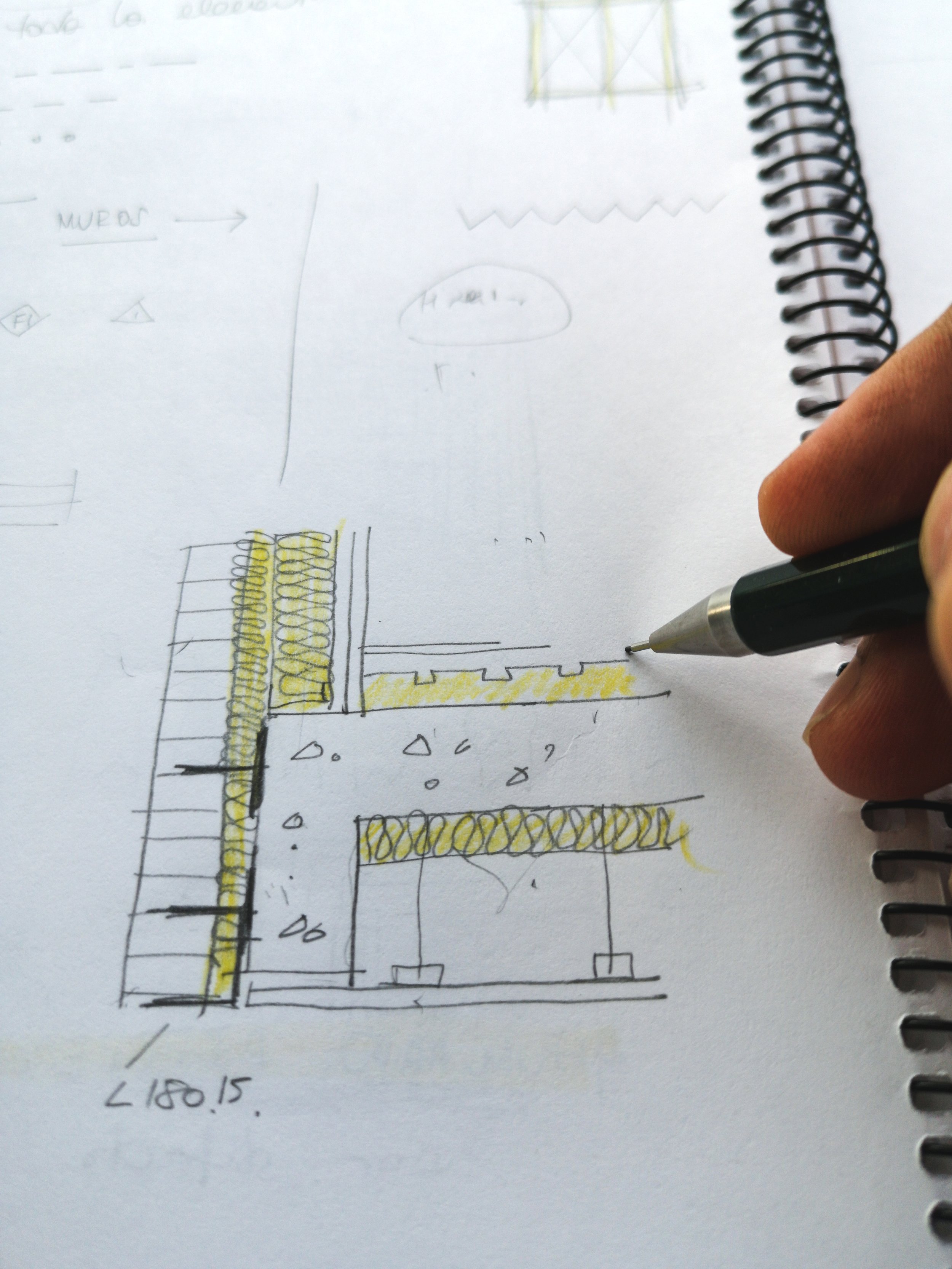30 Questions to Ask Your NYC Home Professional
Planning a renovation in NYC? Discover the 20 essential questions to ask your architect, interior designer, or contractor before starting your project.
Get expert guidance on historic brownstone renovations, co-op updates, and luxury condo remodels. Explore our work, read our articles, or Book Your Discovery Call.
10 QUESTIONS TO ASK YOUR ARCHITECT
-
NYC’s building rules can be tricky. Your architect should have deep experience with zoning laws, co-op and condo regulations, and landmark preservation requirements.
-
Restoring a brownstone or pre-war apartment? Your architect should understand how to blend historic charm with modern comfort while complying with Landmarks Preservation Commission guidelines.
-
NYC permits can be a maze. A good architect will guide you through filings and liaise with the Department of Buildings to keep things moving smoothly.
-
If you’re thinking about energy efficiency, ask about LEED certification, Passive House strategies, and materials that help make your home greener and healthier.
-
Different buildings come with different rules. Your architect should have a portfolio that includes homes like yours—whether it’s a landmarked townhouse, a loft, or a penthouse.
-
NYC spaces can be tight! A creative architect can turn constraints into clever layouts that maximize function and flow.
-
Renovations can run over time and budget. Ask how your architect manages costs and scheduling to avoid surprises.
-
Your home should reflect you. Look for an architect who listens to your vision and brings thoughtful, cohesive ideas to the table.
-
High-end? Durable? Eco-friendly? Your architect should recommend materials that fit your lifestyle and long-term maintenance needs.
-
Some architects step back after design, others stay hands-on. Make sure your architect is available for site visits and problem-solving as needed.
10 QUESTIONS TO ASK YOUR INTERIOR DESIGNER
-
NYC has renovation restrictions, especially in co-ops. Your designer should know what’s possible and when to bring in an architect.
-
A great designer enhances period details while seamlessly integrating modern function. Ask how they balance restoration with fresh design.
-
While designers don’t pull permits, they should know what requires approval and work with architects or contractors to get it done.
-
From VOC-free paints to reclaimed wood, your designer should have a network of sustainable vendors.
-
Each comes with quirks—ask for examples of how they’ve designed within co-op restrictions, condo board rules, or brownstone layouts.
-
A good designer can make a 500-square-foot studio feel like a 1,000-square-foot loft with smart furniture, lighting, and layout choices.
-
Designers should help prioritize spending to get the most impact without blowing the budget.
-
Your home should feel personal. Look for a designer who can execute a range of styles while making sure everything works together.
-
Quality matters. Ask how they balance durability, beauty, and maintenance when selecting materials.
-
Will they oversee installation, coordinate with contractors, and make on-site adjustments? This can make all the difference.
10 QUESTIONS TO ASK YOUR CONTRACTOR OR HOME BUILDER
-
NYC has strict rules. Your contractor should know them inside and out, from permits to landmarked building restrictions.
-
Restoring a brownstone? A contractor with experience in historic homes knows how to match old materials and meet LPC approvals.
-
Contractors handle permits for construction work—ask about their track record with DOB approvals.
-
Ask about their experience installing energy-efficient systems, eco-friendly materials, and sustainable building techniques.
-
Each has different renovation rules. Your contractor should know how to navigate approvals and avoid delays.
-
Tight spaces require precision—ask about their experience with compact renovations and smart storage solutions.
-
Renovations can get expensive fast. Your contractor should provide transparent pricing and realistic timelines.
-
While contractors execute the vision, they should have experience bringing diverse design styles to life.
-
A good contractor knows what materials last and what’s worth splurging on.
-
Will they be on-site daily, or just checking in? Make sure their level of involvement matches your expectations.





